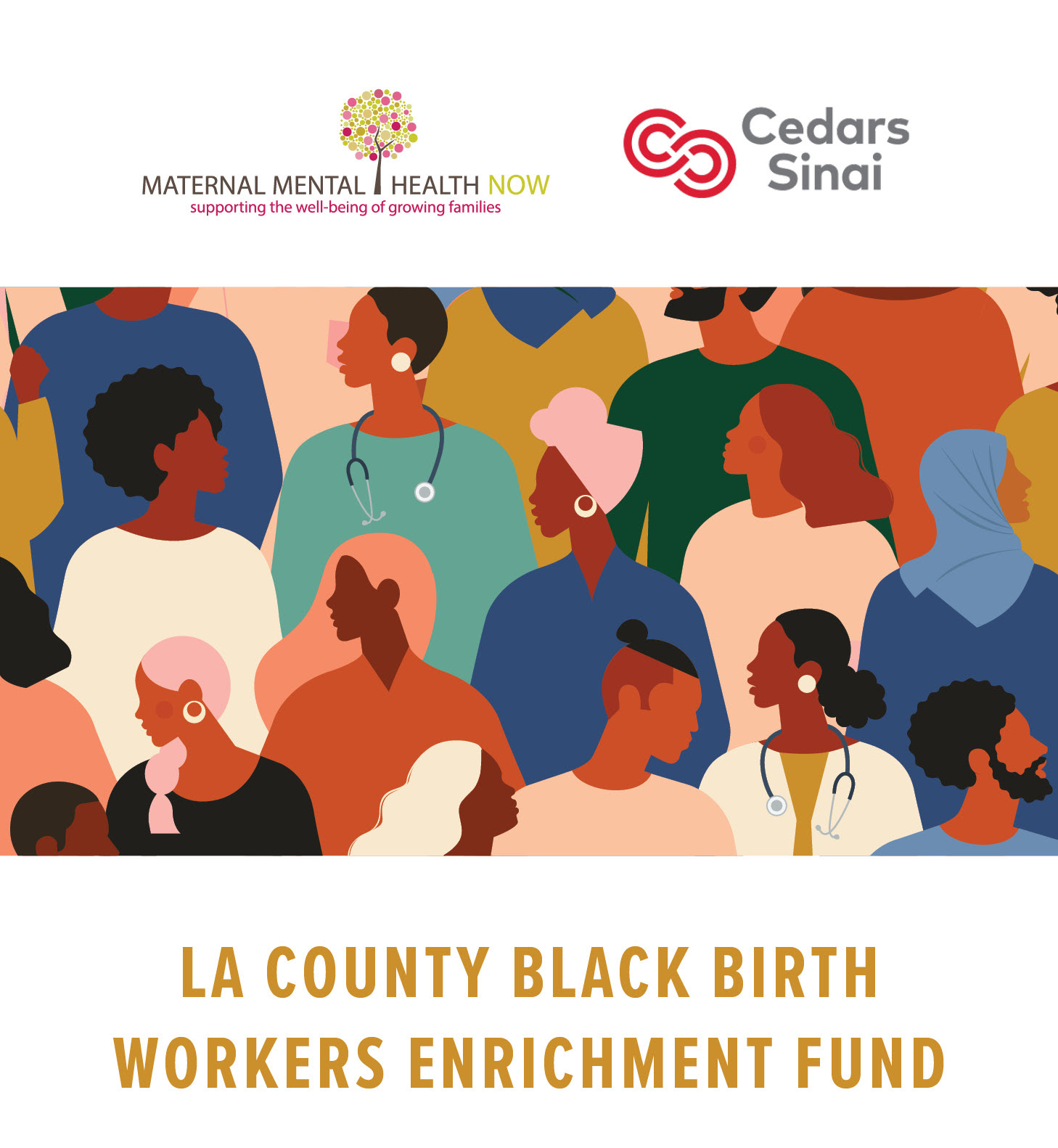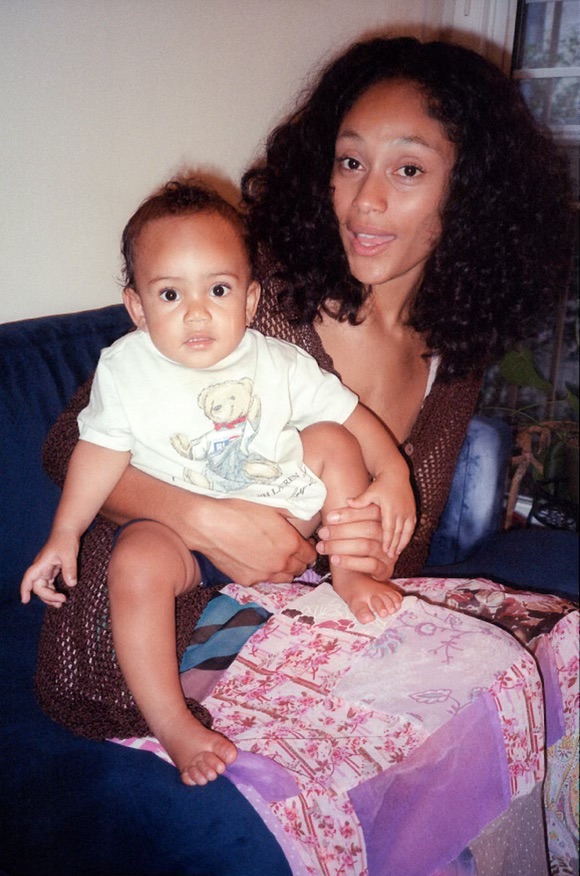
In October, we facilitated a successful pilot round of the Black Birth Worker Enrichment Fund. The goal of the fund is to provide financial support to Black birth workers who provide care for the Black birthing community in Los Angeles County. Funding was made available to support Black Birth Workers at three levels:
Training and Education – up to $600: Aims to further the recipient’s knowledge and skills related to their service as a birth worker, including costs associated with the new certification, continuing education units to maintain an existing certification, conference registrations, other educational opportunities, etc.
Personal – up to $300: Aims to support the recipient’s ability to provide high-quality care to Black birthing people, including costs associated with emergency childcare, transportation, food, equipment, ergonomic chair/desk for work from home, etc.
Self-care – up to $100: Aims to support the recipient’s health and emotional wellness through self-care, including costs associated with a spa day, therapy session, personal day off work, supplements/vitamins, etc.
The fund received a total of 29 submissions. MMHN awarded $10,400 to 17 Black birth workers, primarily for education and training.
We recently asked one of the recipients, Sydney Lawler, a few questions about her experience with this program and being a black birth worker. This is what she shared!
 Birth work is my calling—a fundamental part of my identity that remains steadfast through all of life’s challenges. Rooted in a profound ancestral connection with a lineage of black women birth workers and midwives, my work and practice are a response to this deeper calling.
Birth work is my calling—a fundamental part of my identity that remains steadfast through all of life’s challenges. Rooted in a profound ancestral connection with a lineage of black women birth workers and midwives, my work and practice are a response to this deeper calling.
I provide intimate and comprehensive support to expecting parents and families through my birth work business, Gentle Origins. Beyond serving 1-on-1 clients, Gentle Origins creates safe spaces within the birth community for self-love, discovery, and expansion.
Currently, I’m engaged in the production of a short docuseries. This project involves interviews with couples, mothers and daughters, and mothers and sons, delving into their birth stories and how these narratives are woven into their embodied experiences. The docuseries will be complemented by multiple seasonal chapters of workshops, anchored in the teachings of body literacy and somatic healing.
I am grateful for the opportunity of receiving the black birth worker enrichment fund grant to further my knowledge and education for the benefit of my community.
How long have you been a birthworker?
The title “birth worker” is more of an identity for me rather than a career path or a profession. It’s not a “hat” I take on and off, or a place I clock in and out from. So, it feels like I’ve been a birth worker for as long as I can remember, attending to loved ones as their birth worker or support. However, “professionally,” it’s been a year and a half.
Why did you decide to pursue this path?
I was called to birth work. The calling tugged at my attention just before I became aware that I was pregnant in 2021. My family has been in birth work “professionally” for generations, making my work with women and pregnant people a generational calling.
What is the most rewarding aspect of your work?
Everything about this is sacred work. It’s an honor any time a family asks you to be a part of their journey. There’s always an
intimate emotional and spiritual connection gained when you’re able to support such a transition.
How do you connect with expectant parents?
In my practice, building a connection is a priority. One way I do this is by practicing reciprocity with clients to build trust and a sustainable relationship that will aid me in providing them comprehensive care.
What practices and techniques have you implemented in your work to support birthing people and families throughout pregnancy and the postpartum period?
I focus heavily on the emotional and mental health aspects of birth work. I emphasize the mind-body connection/relationship with all clients to aid them in their labor and birth experience. Somatic healing is something I definitely center in my practice/work.
What is the most difficult aspect of your work?
The energetic exchange is crucial. Being disciplined in radical self-care for myself allows me to fully show up for clients.
What challenges have you faced or do you face currently, which impact your practice?
Challenges I face include the lack of accessibility to quality, intimate, and loving birth support for women who strongly believe in choosing their birth experience abundantly. As an Independent birth worker, an entrepreneur, I don’t have capacity to do discounted rates or free birth clients.
What additional resources would be helpful in your work?
Grants for independent or freelance birth workers are essential. This line of work is often seen as “free” or “volunteer” work, which can give folks the impression that birth workers do not work for a rate that is equivalent to the cost of living, but we do.
Who are some of the individuals or organizations you collaborate or work with?
I’ve worked with other birth workers and midwives. I’ve collaborated with the radical hood library and had a partnership with Coterie.
What are some of the opportunities for expanding your work, or what support systems would be helpful to expand the work that you and other birthworkers do in the community?
I think introducing the communities in Los Angeles to a diverse range of birth workers at an in-person event would be lovely. If there’s a directory for black birth workers, that would also be great.
Contact Info: [email protected]
Follow Sydney!

